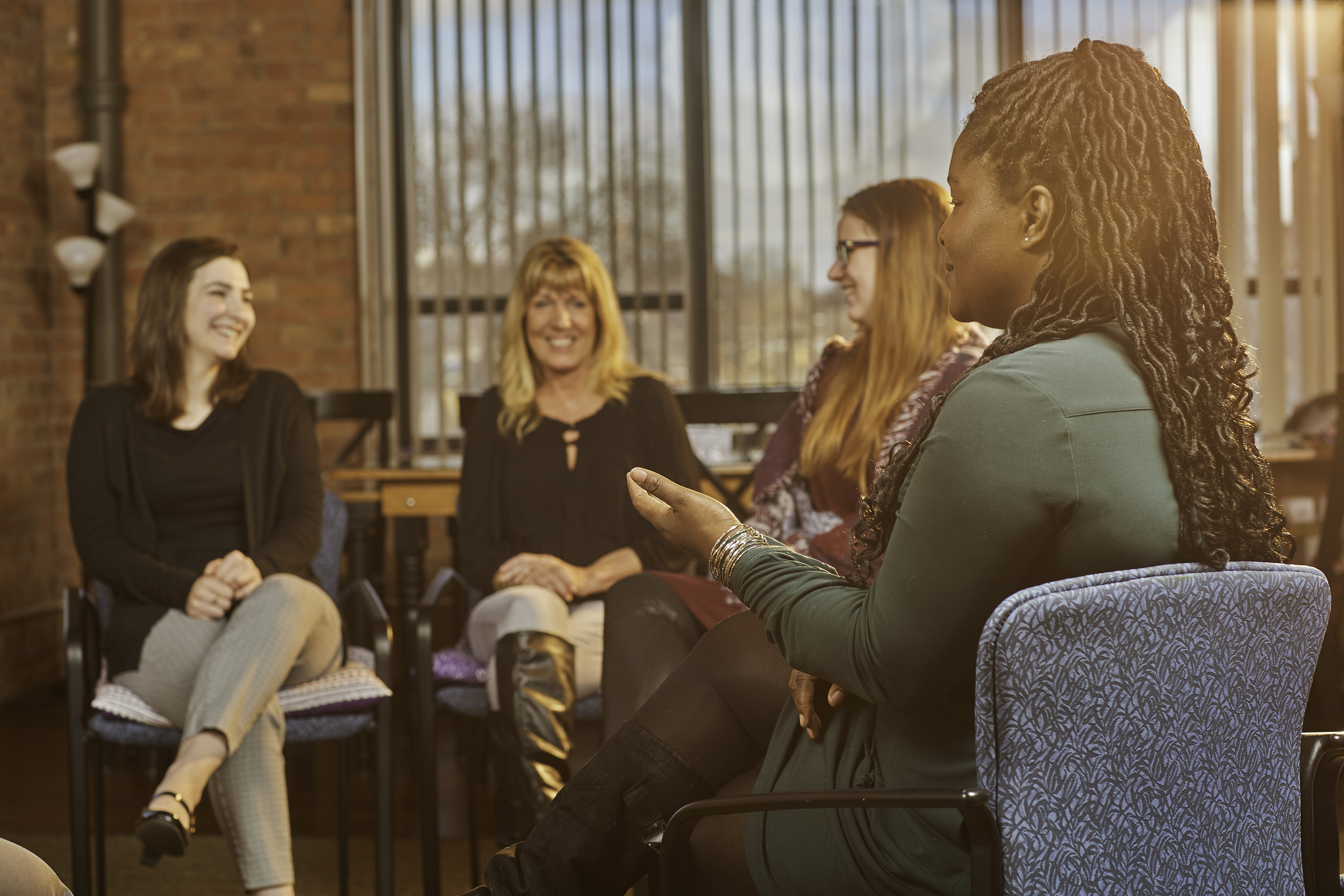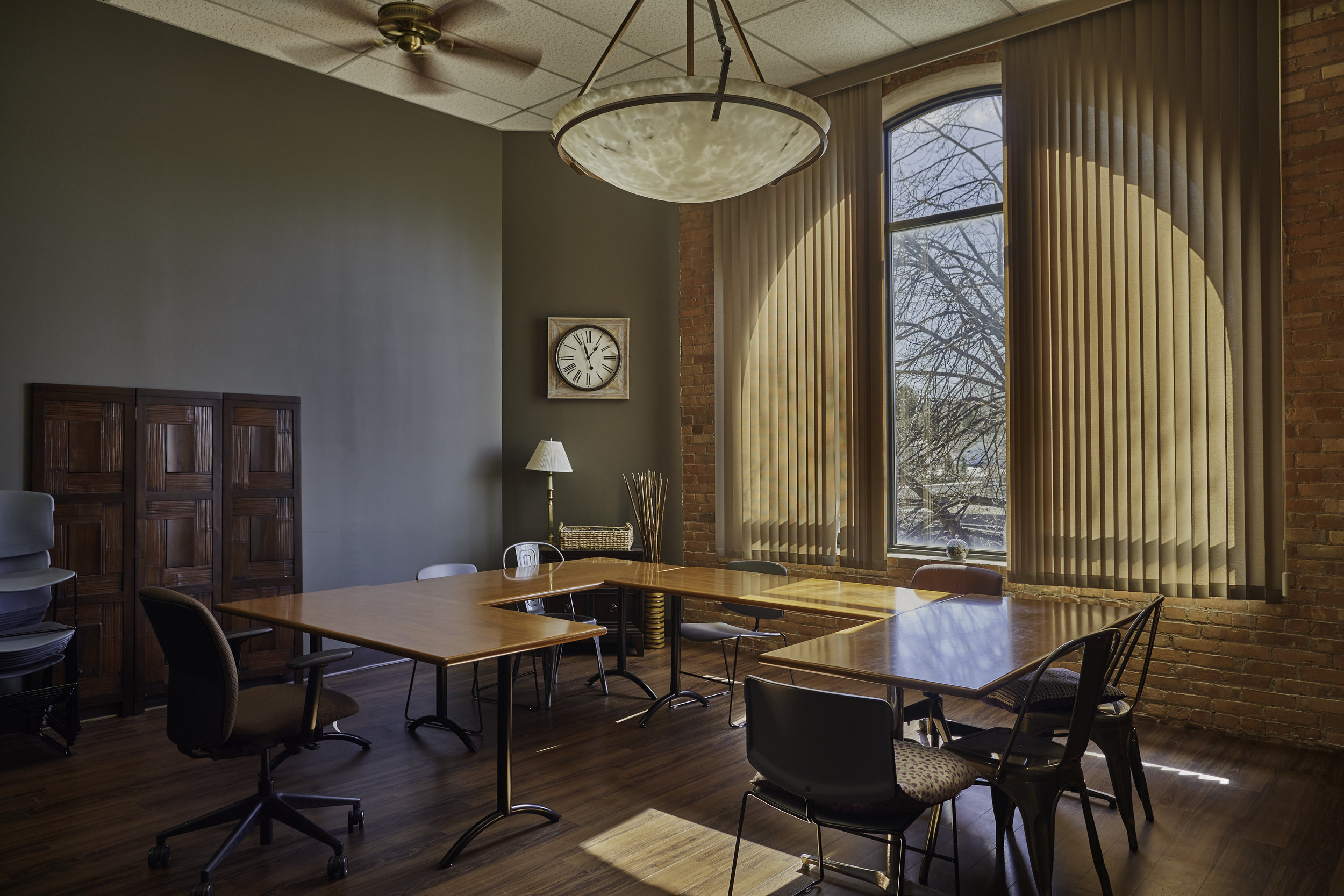The moment you walk through the doors of The Healing Connection, you’ll feel a sense of belonging. Patients often tell us, “This doesn’t look or feel like a clinic.” While we utilize evidence-based practices and employ a psychosocial model, we strive for balance and want you to feel at home and part of a community. Our comfortable, welcoming setting creates a safe space where you and your family – biological and those of your choosing – can find healing, connection, and support.
Our inclusive environment is just one attribute that makes The Healing Connection unique. Our devoted staff members are the heart and soul of our program. I am privileged to lead a remarkable team of professionals who bring extensive knowledge and expertise in eating disorders. As experts in the field, they know that Eating Disorders do not discriminate; they affect people of every age, ethnicity, sex, education level, and socio-economic status. Our staff works with you and your family to understand your personal struggles and help you achieve your goals. They meet you where you are, and treat you with the utmost compassion and respect.
Another important aspect of The Healing Connection that sets us apart is our continuum of care: From the Partial Hospitalization Program to our Intensive Outpatient Program and ongoing Outpatient Services, we provide a full spectrum of programs and services to support you through every stage of your recovery. This comprehensive continuum of care is drawing a growing number of patients not only from Rochester-area communities and counties, but from across upstate New York and neighboring states.
As the number of people affected by Eating Disorders continue to grow, it’s clear that our work is never done. One look at these recent statistics underscores the dire need for ED programs and services:





